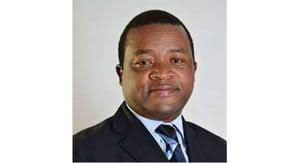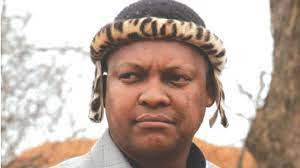
JOURNALISTS have been challenged to report accurately and consistently on climate change so that citizens are well informed on the issue as the country gears towards Conference of the Parties (COP28).
The call was made by various environmentalists during a workshop held in Harare on Thursday. The workshop was organised by Real Time Biotech and Engineering, together with Africa Voluntary Carbon Credits Market Forum (AVCCMF).
Zimbabwe Carbon Association vice-chairperson Chiedza Harry said the media shapes public discourse on climate change.
“We have been talking about climate change, carbon credits and climate change and when it comes to the media, it is a powerful instrument for information sharing. Climate change is bigger than Covid-19 and the media has a strong role to play in conscientising people on what is going on. The community really needs to be capacitated within the climate change space,” Harry said.
“There is need to raise awareness of the opportunities within this new economy called carbon credits and new green skills. The media has a very strong informative role to do that. Carbon credits are permits that allow the holder to emit a certain amount of carbon dioxide or other greenhouse gases,” she added.
AVCCMF chairperson Kwanele Hlabangana said the media also helps in raising awareness and promoting action on climate change.
“We are heading towards COP28 from the 30th of November this month up to December and Zimbabwe will be having a pavilion where it will be showcasing what it has achieved towards reducing carbon emissions. We will be promoting regenerative agriculture there. We want to influence our leaders as we go there to take a position. We urge media to report positively and objectively on what Zimbabwe is doing around climate change,” Hlabangana said.
He said activists from the developing countries will use the opportunity to push developed countries to fulfil their commitment to provide climate finance to mitigate the effects of climate change.
- Report objectively on Climate Change, media told
Keep Reading
“The developed countries made commitment to say that they will pay us US$100 billion. That money is not there and we need to push them to own up their commitment,” he said.










